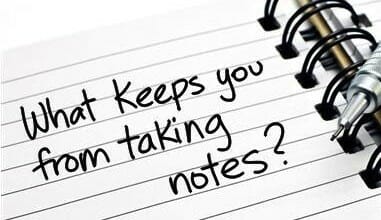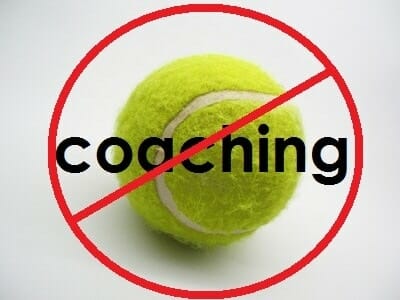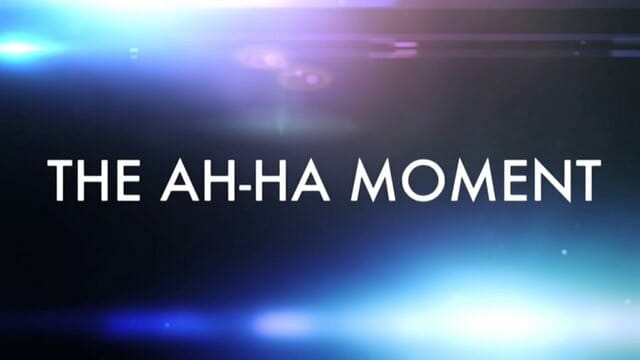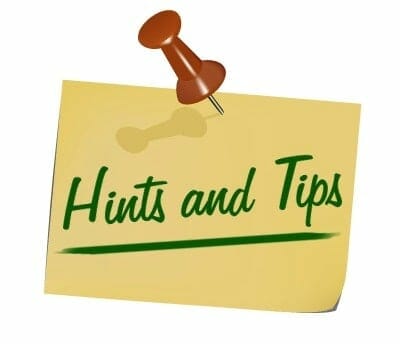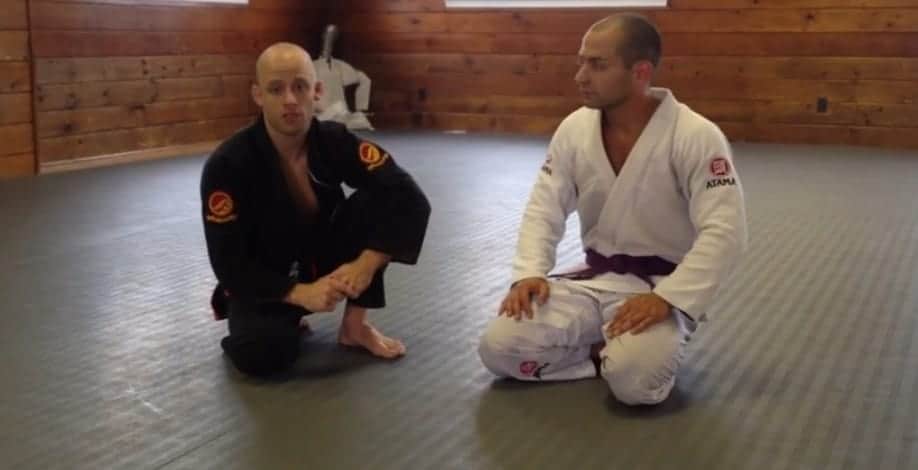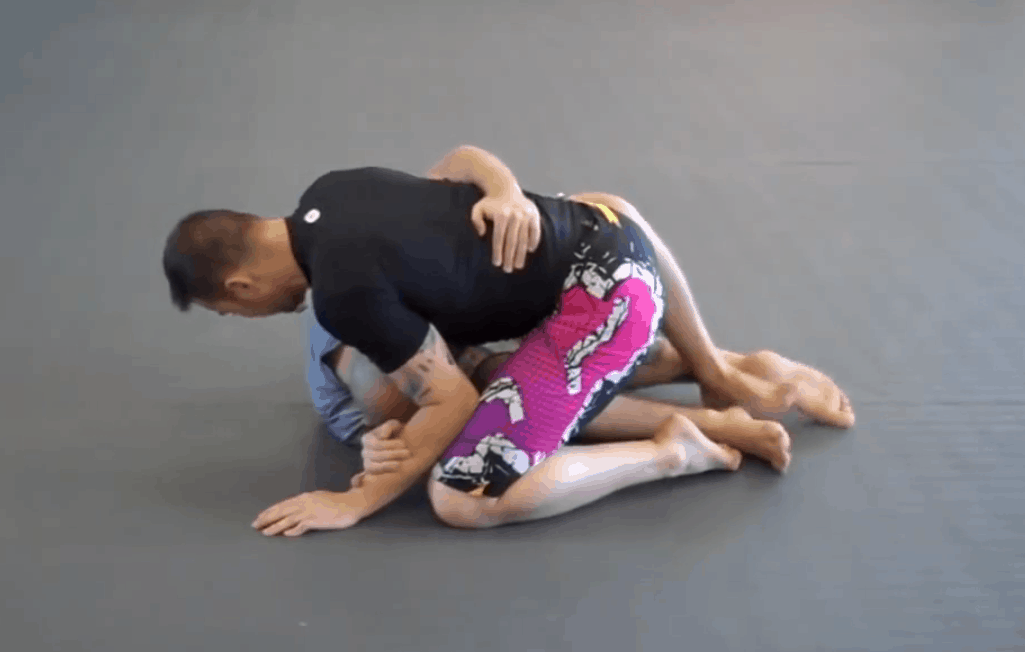Effectively Taking Notes For Your Improvement Part 1
People take notes for many different reasons. You take notes in school so you can study, you jot down notes when you need to remember what to pick up at the store, and you may take notes when you have an idea that you want to try out or check on. I know I do in these situations, so I have some questions for you.
- Do you bring a notebook into class with you when you train? If so, what do you do with it in class?
- Do you have a notebook that you write in at home after training? If so, what kind of notes do you write down when you get home?
- Do you have a specific way you take notes? Is there a system?
- Do you review your notes that you take? Does it help you remember techniques or make you better? Do you even do anything with them?
For the first 2 years of my training I wrote down every single technique that I learned. I would go home and then type out every single detail that I could remember. I would categorize the movements, date them, and I even made a color key so I knew right away what type of category each technique fell under. Around the 2 year mark I compiled about 400 Brazilian Jiu Jitsu techniques that I learned in class. I was a true collector of techniques. I wanted to make sure I didn’t miss anything.
Now am I saying you should do what I did? Definitely not! Why? Because I took all of that time to write down all of these techniques and I must have only reviewed them only 10 times max. I realized that just because I wrote down everything I learned didn’t mean that I was going to remember everything. Another thing I realized was that the task was very monotonous and didn’t have any real significance in regards to what I needed to get better at in my grappling.
It turned into the equivalence of collecting baseball cards but instead I was just collecting techniques. Once I realized that this approach wasn’t really benefiting me, I didn’t stop taking notes but I decided to change my approach so that if I was going to take notes it was going to be in a way that would actually help me get better.
Here is what I did:
- I stopped writing down every technique that I learned
- I only focused on things I was having trouble with. If you focus on actual problems you are facing then it will be more likely that you’ll remember what you learned and it will help you improve your actual game right away.
- Everything I wrote down in training was in the form of a question or I would have a question at least related to everything I wrote down. Why? Because if I wrote it down in question form, then I would be well prepared to ask that question to someone who may know the answer and it will help them relay the information easier back to me.
- I realized that the one important aspect of my training that I wasn’t taking notes on was my rolling. So after each training session I would go home and I would write down questions that related to that nights rolling. The reason I started doing this was because during rolling you experience issues that you really are having trouble with. These are areas that affect what you are actually trying to do, so these are the things you should focus on more then anything. Examples of the types of things I would write down after rolling would be.
- How can I stop my opponent from turning their hip down on me in half guard?
- What can I do to open my opponent’s closed guard if I’m having trouble?
- When I’m in the guard I keep getting caught in a triangle choke. How can I prevent this?
- How can I stop my partner from getting the guard back when I have them in side control position?
- I went for a hug choke but for some reason I couldn’t get it. What was I doing wrong?
- How can I stop from getting mounted?
- After I would write down the question, I would reflect on what happened in regards to that question I asked. The reason I would do this is for a couple of reasons actually. It will help me try to figure out what I might have been doing wrong myself and it will also help me tell my instructor what I felt happening during the situation so he can better assist me in fixing the problem.
For example if I had the question “What can I do to open my opponent’s closed guard?” I would write down what I remembered happening such as:
- He kept pulling down on my head.
- I couldn’t open my training partners guard by using my elbows.
- When I tried to put my knee under my partner’s butt I would lose my balance.
Additional Tips
To make this even better you should take advantage of your breaks between rolling. When you are done
rolling each time go straight to your notebook and jot down one issue you want to address that happened during that rolling session. Whether it was a problem you had that your opponent was causing or a problem you had that you couldn’t quite figure out to do yourself. If you roll four times during one training session then you should have four different issues to address. Or you can mark off a particular issue if it happens again in a different rolling session with an asterisk, which is noting that particular issue as a primary focus that you need to address. You don’t have to think of a question to write during this time. Just write down something to help you remember the issue.
Then when you go home take each issue that you wrote down and create a question for each one. You now should have four questions related to your training in regards to what happened during your live rolling sessions. These questions will be more important then any technique that you decide to write down because they are issues that you really had trouble with. They happened while you were going against a resisting opponent.
The goal is to improve upon your current game as much as possible. Expand it and make it better.
As you train more and more you should have a list of questions in your notebook related to your current issues. Some questions may come up frequently and those particular questions you should mark down as “very important”. Those should be the areas you address more then others because you want to prevent yourself from experiencing the same problems over and over again.
Remember also to note your experiences in regards to the situation you created the question about so you have some information to feed to your instructor when you approach him. If you have readily prepared questions and experiences corresponding to that question you will help your instructor a lot in regards to them being able to help you even more.
Now that you are building a list of questions in regards to your game, what can you do with those questions?
- After class pull out your notebook then look at the your questions (along with your experiences related to the questions) and ask your instructor at least one question. This question is very important because it’s a real problem you had. Usually one or two questions max (mostly one) is good because other students may have questions also.
- Use these question so you can be prepared if you decide to take a private lesson with someone. To have a set list of questions when you attend a private lesson is a great courtesy to both you and your instructor you’re meeting with. It will make the lesson much more productive, it will run smoother, and you’ll get a lot more out of it.
- You can even use these questions to ask fellow grapplers on the internet and see what they can come up with or what experiences they have in relation to your issue.
The main point is to have actual questions that related to real problems you’re having in your training. Don’t waste your rolling time. That is the time where you should actually be taking notes. After each training session you should have a minimum of two questions created related to what happened when you were rolling with your partners. You may not get a chance to address each question right away and your list of questions my build up faster then they are checked off as “addressed” but at least you know exactly what it is that you need to work on and what it is you should ask for help on.
Thanks for reading,
Jason Scully
The Grapplers Guide

